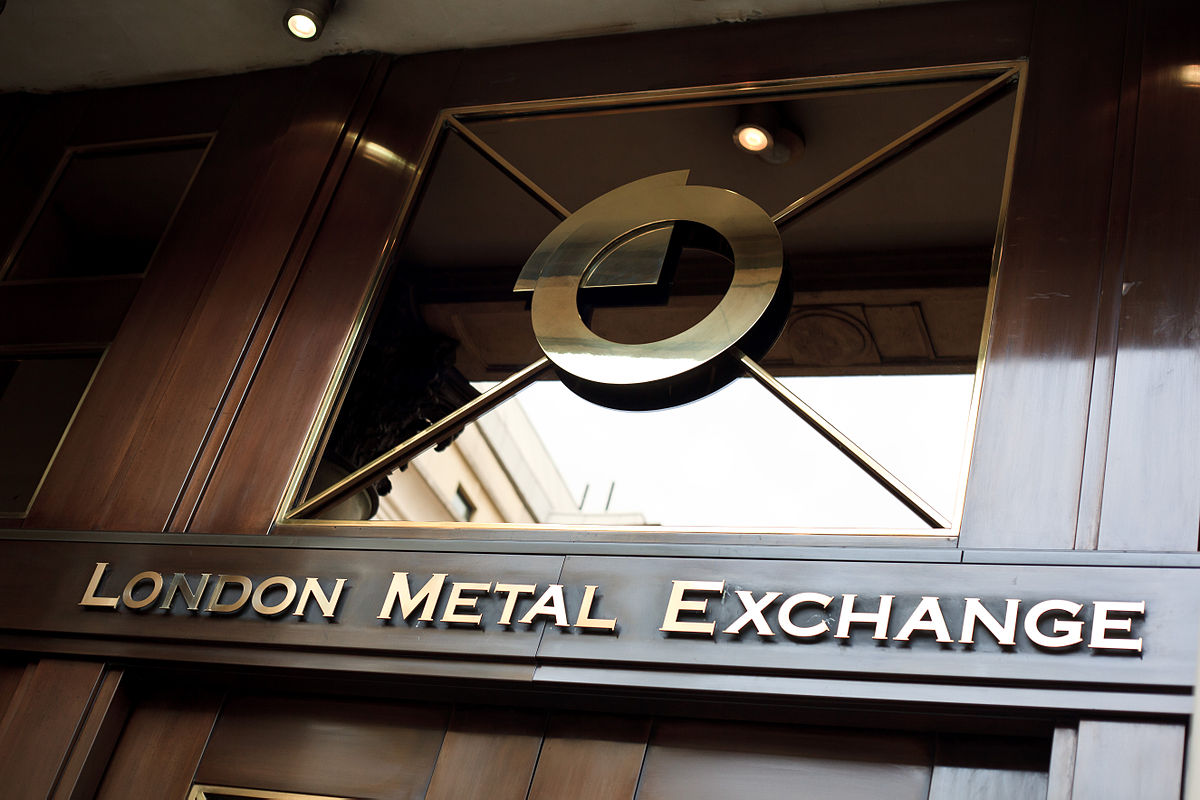Near-term scrap and rebar futures contracts on the London Metal Exchange saw gains over the week to Dec. 9, although expectations of near-term weakness in physical prices persisted.
Platts assessed the December contract up $10.50/mt week on week to $465.50/mt on Dec. 9. The January contract rose $15/mt week on to $456.50/mt, while the February contract rose $10.50/mt to $444.50/mt. The March contract inched up $3.50/mt week on week to $429.50/mt on Dec. 9.
The backwardated structure for the December-March forward curve remained largely unchanged week on week, suggesting that futures traders’ continue to hold firm expectations of a near-term drop in physical scrap prices, albeit with near-term decreases likely to be smaller than previously expected.
Spot prices for physical imports of premium heavy melting scrap 1/2 (80:20) dropped $12.50/mt week on week to $467.50/mt CFR Turkey on Dec. 9, as US and Baltic sellers cited lower workable levels.
Multiple trading sources predicted $460/mt CFR or lower to soon be achievable by Turkish mills, although sell-side sources cited firm collection prices and competing demand from other markets, such as Latin America.
Weekly LME scrap futures trading volumes over the week to Dec. 9 totaled 21,420 mt, down from 58,230 mt recorded last week.
Near-term rebar futures contracts also saw gains week on week, while physical Turkish export rebar prices continued to soften amid consistently weak demand.
Platts assessed the December contract up $7/mt at $699.50/mt in the week to Dec. 9. The January contract jumped $25/mt to $694.50/mt, while the February contract was unchanged week on week at $676.50/mt. The March contract inched down $2.50/mt week on week to $665.50/mt on Dec. 9.
The backwardated structure of the December-January portion of the forward curve softened week on week, suggesting that futures traders’ continue to expect a weaker near-term physical price downtrend than previously expected.
However, the temporary contango over the January-February portion of the curve reverted to a backwardation over the week to Dec. 9, pointing to sustained physical price weakness over the first quarter of 2022.
Turkish physical rebar export prices dropped $10/mt week on week to $707.50/mt FOB on Dec. 9.
Mills in the Iskenderun region said workable prices were closer to $700/mt FOB, while Marmara-based producers tried to hold firmer prices, citing $710/mt FOB as workable for 10,000 mt.
Sharp volatility in the Turkish lira has led to very low rebar sales in the domestic market. Turkish integrated long steel producer Kardemir reduced its rebar list prices for 12-32 mm material by $20/mt to $700/mt EXW without VAT Dec. 9, after the previous level had failed to elicit enough orders. At least 28,000 mt was sold by Kardemir, sources said.
Platts assessed the Turkish lira at an all-time low of 13.7842 against the dollar at 4.30pm London time on Dec. 9, weakening from 13.6838 on Dec.8.
Turkish president Recep Tayyip Erdogan has continued to defend recent interest rate cuts despite soaring inflation. Under pressure from Erdogan, the Turkish central bank has lowered interest rates by 400 basis points since September, to 15% by Nov. 18.
Rebar futures weekly trading volumes this week on the London Metal Exchange totaled 3,770 mt, down from 12,750 mt traded last week.
The daily outright spread between Turkish export rebar and import scrap was assessed at $240/mt, up $2.50/mt week on week.
Elsewhere, Indian scrap futures saw three consecutive days of trading over Dec. 6-8, with a total of 240 mt traded, matching a previous run of three consecutive trading days in early October. A total of 2,670 mt has traded so far on the contract, which settles basis the Platts CFR Nhava Sheva shredded scrap index, since its launch in late July.
— Viral Shah






